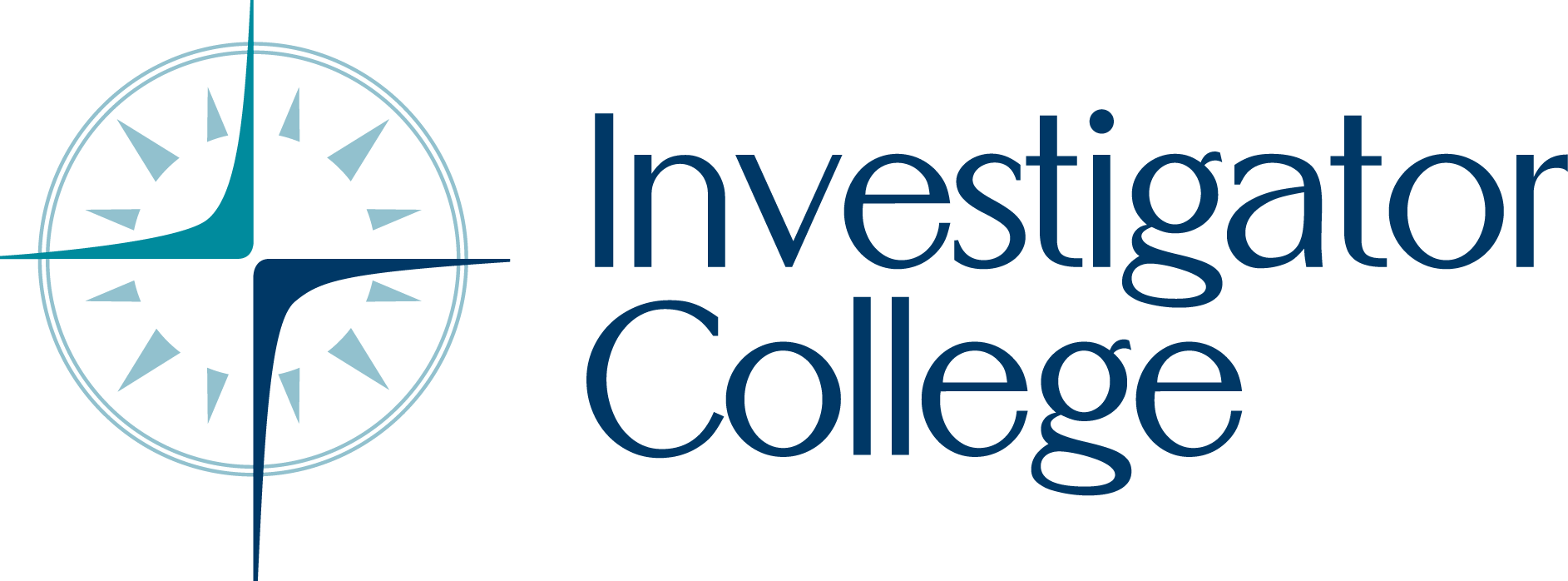Overview
Our Certificate III in Conservation and Ecosystem Management program provides an excellent opportunity for students interested in pursuing careers in conservation, land management or Environmental Science to engage in the practical management of our Currency Creek wetlands, bushland and surrounding waterways, with an emphasis on Environmental Science and upkeep of complex ecosystems.
Students participating in the program will learn about safe work practices and environmentally sustainable work practices, as well as developing selected skills in areas such as fauna; flora; weeds; collecting seed; nursery practices; planting trees; park facilities; and soils. This work includes the propagation of native plants, and an active role in the ongoing re-vegetation of our Currency Creek site. Students completing this program receive a Nationally Accredited qualification, as well as developing a broad range of practical skills in the use of equipment and machinery which further equip them for field work in the active and sustainable management of land and the environment.
Development of Key Skills and Competencies
The Certificate II qualification consists of 15 units of competency from the following areas:
- Contribute to the WHS process
- Contribute to monitoring environmentally sustainable work practices
- Weed control
- Maintain natural areas
- Implement a Plant Establishment Program
- Conduct operational inspections of park facilities
- Undertake sampling and testing of water
- Identify plant specimens
Students are assessed on both written work and practical skills, ensuring that they are equipped with both the skills and knowledge as a strong foundation to be operators in the fields of conservation, lands, parks and wildlife, or natural area restoration.
